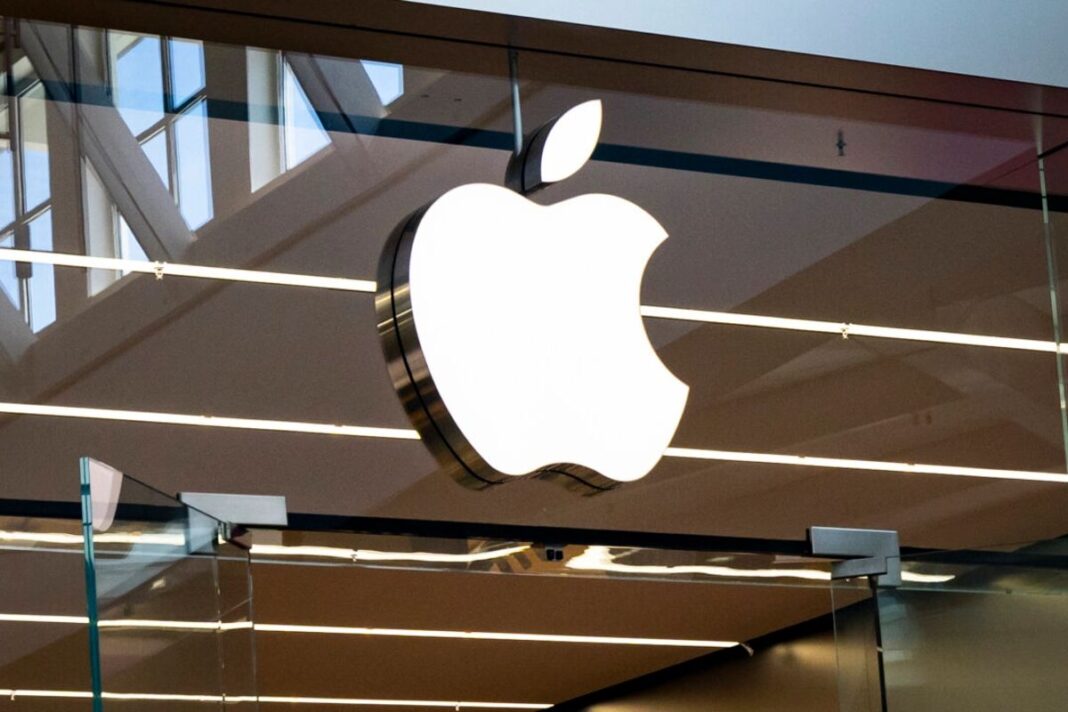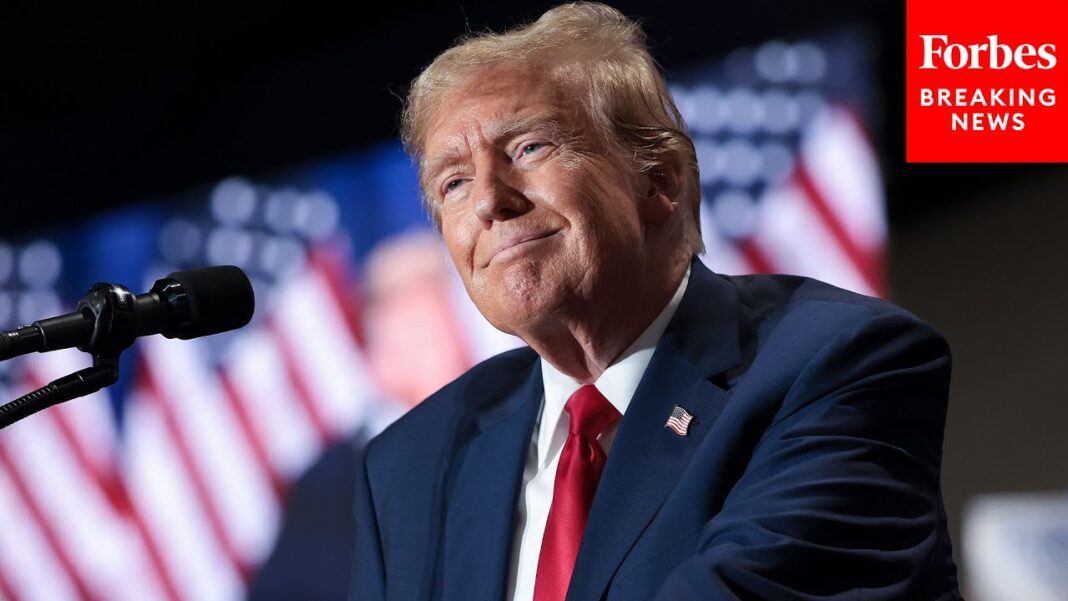The International Civil Aviation Organization’s triennial assembly is underway in Montreal.
U.S. Transportation Secretary Sean Duffy said Taiwan should not be excluded from the International Civil Aviation Organization (ICAO), saying politics must not interfere with aviation safety.
Duffy made the remarks at ICAO’s 42nd Assembly in Montreal on Sept. 23, the opening day of the aviation group’s triennial gathering, which runs through Oct. 3.
“It is also essential that all international aviation stakeholders, particularly Taiwan, are meaningfully included in ICAO’s technical activities. There is no room for politics on this question—this is about safety and security of the global system that we all enjoy, and of which Taiwan is an active part,” Duffy said in a speech.
Taiwan’s exclusion from ICAO, a U.N. agency, highlights Beijing’s ongoing efforts to limit Taipei’s role on the global stage. The Chinese Communist Party claims that it alone has the authority to represent Taiwan, which it views as a breakaway province that it claims must be “reunited” with the mainland, by force if necessary.
Due to Beijing’s objections, Taiwan is also excluded from the World Health Organization.
Before the start of the triennial meeting, a bipartisan group of lawmakers from the House Foreign Affairs Committee sent a letter to ICAO President Salvatore Sciacchitano asking him to formally invite Taiwan to participate in the assembly. The lawmakers, led by committee Chair Rep. Brian Mast (R-Fla.) and ranking member Rep. Gregory Meeks (D-N.Y.), called the issue “a matter of U.S. national interest.”
Liang Nan, deputy administrator of the Civil Aviation Administration of China, hit back at Duffy’s remarks on Taiwan before delivering her speech.
“The Taiwan region is an inalienable part of China’s territory,” Liang said, according to a translation of the original speech in Mandarin. She told the gathering that relevant countries should abide by U.N. Resolution 2758 and refrain from “maliciously hyping up the Taiwan issue.”
Taiwan withdrew from the United Nations in 1971 after the U.N. General Assembly passed Resolution 2758, which handed Taiwan’s U.N. seat to China. Beijing often cites the 1971 document to falsely claim sovereignty over Taiwan and pressure other governments into accepting its “one China principle”—a position that differs from the “one China” policy followed by many countries, including the United States.
On Sept. 24, Taiwan’s foreign ministry issued a statement thanking Duffy for supporting Taipei’s bid to participate in ICAO, while condemning Liang’s remarks and calling her reference to U.N. Resolution 2758 “political manipulation.”
“The Republic of China [Taiwan] is a sovereign and independent country, and it and the People’s Republic of China are not subordinate to each other,” the ministry stated. “This is the current status quo in the Taiwan Strait and an objective fact recognized by the international community.”
By Frank Fang







